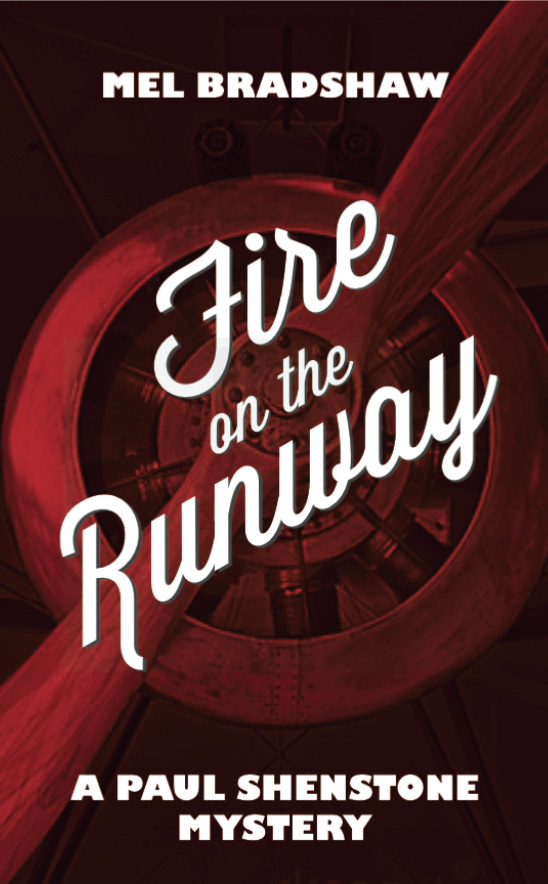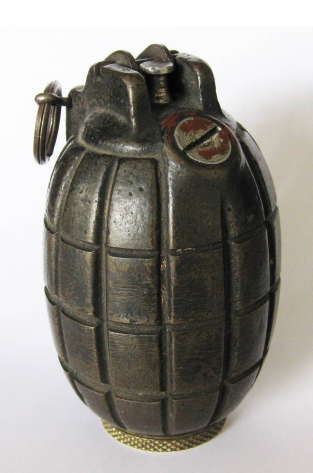By the mid-twenties, as Torontonians move to the beat of
the Jazz Age, war is the furthest thing from their minds. Then a fatal grenade
explosion outside a west-end hotel room breaks the rhythm. The room’s registered
occupant, a mysterious European woman calling herself Lucy, disappears before
she can shed any light on the incident.
Police detective Paul Shenstone
believes someone is trying to assassinate Lucy. Once he has found her, he will
learn the reason: she has uncovered dangerous secrets about an illicit
rearmament scheme that threatens world peace. Naturally, Paul must protect Lucy
and pursue her attackers. At the same time, his own experience as an infantry
officer in Flanders compels him to go beyond his police function. He has to help
Lucy get her message to the corridors of power, so that a new war may be
prevented.Find an author interview on the subject of this book on the publisher’s site.
“Historical reconstruction is Bradshaw’s forte (his early Victorian mystery, Death In
The Age Of Steam, was short-listed for an Arthur Ellis Award) and he’s at
the top of his game here with mysterious maidens and hot jazz.” (Margaret Cannon,
The Globe and Mail)
In 1926, a police detective made roughly $40 per week.
What some things cost:
What some things cost:
newspaper
$0.02
streetcar (day)
$0.05
streetcar (night)
$0.10
cornflakes/pck
$0.11
butter/lb
$0.36
nurse’s uniform
$3
Parker pen
$7
$0.02
streetcar (day)
$0.05
streetcar (night)
$0.10
cornflakes/pck
$0.11
butter/lb
$0.36
nurse’s uniform
$3
Parker pen
$7
eyeglasses
$9
raincoat
$10
man’s topcoat
$25
modish frock
$55
electric washer
$97
electric frig
$298
model T Ford
$595
$9
raincoat
$10
man’s topcoat
$25
modish frock
$55
electric washer
$97
electric frig
$298
model T Ford
$595
“I felt like the only
witness. Lifting my eyes from the Examiner, I looked out of the Queen streetcar
just in time to see a window blown out of the end of the Beaconsfield Hotel. No
one else seemed to notice. The accompanying blast, I’ll give you, was muffled—
not crisp like an engine backfiring in the street or one of the pyrotechnic
bangs in the sky on Victoria Day.
“Still, it surprised me that no other passengers reacted
as though they’d heard it or thought it mattered. Perhaps they were preoccupied with
the September heat wave, or the jobs they were rolling towards for the last time
before the Labour Day long weekend, or what appliances were on sale at Eaton’s
department store. My own thoughts were running along less tranquil lines. I’d just
been reading an article about one of our war heroes.”

Leaside Airfield between the Wars
Page last updated 2017-08-02



